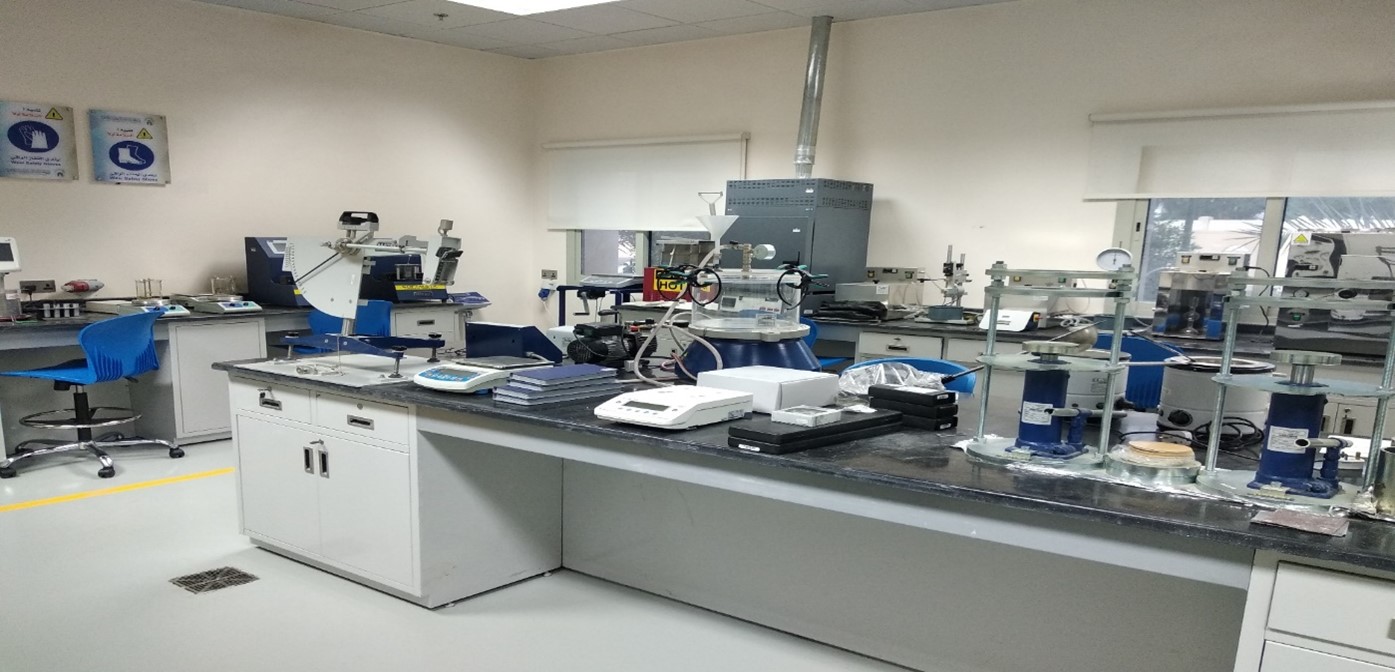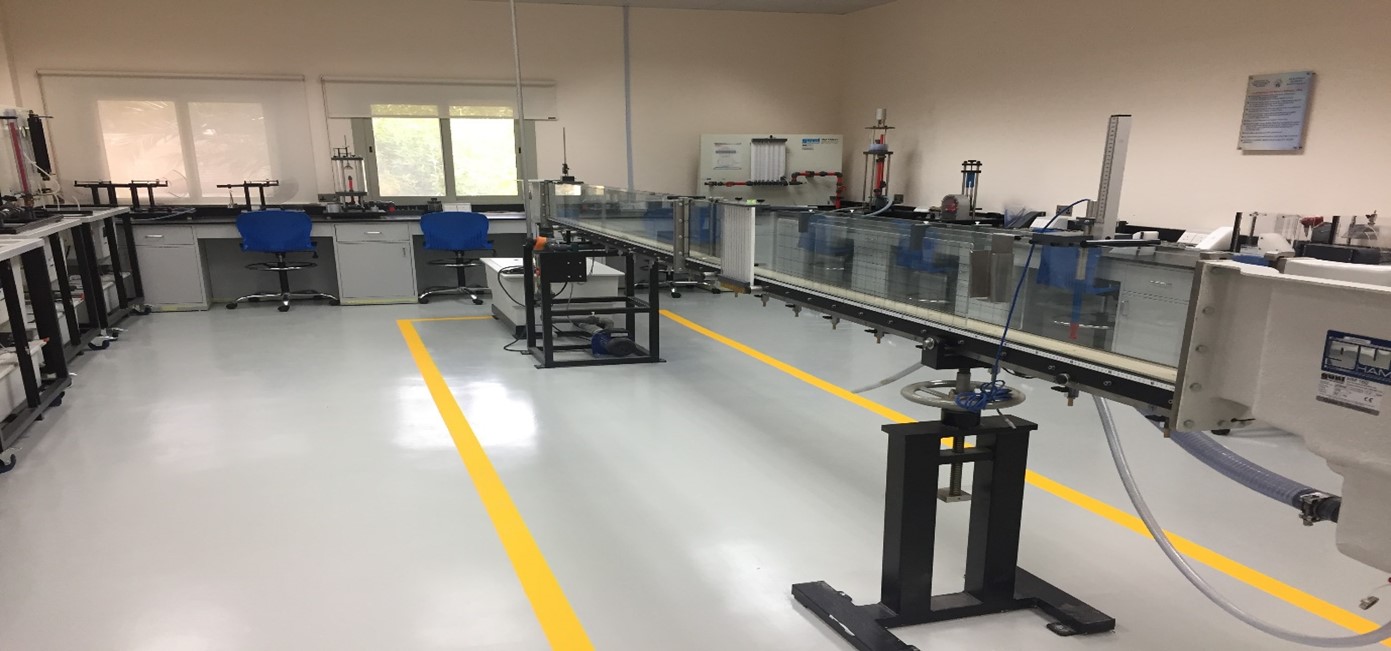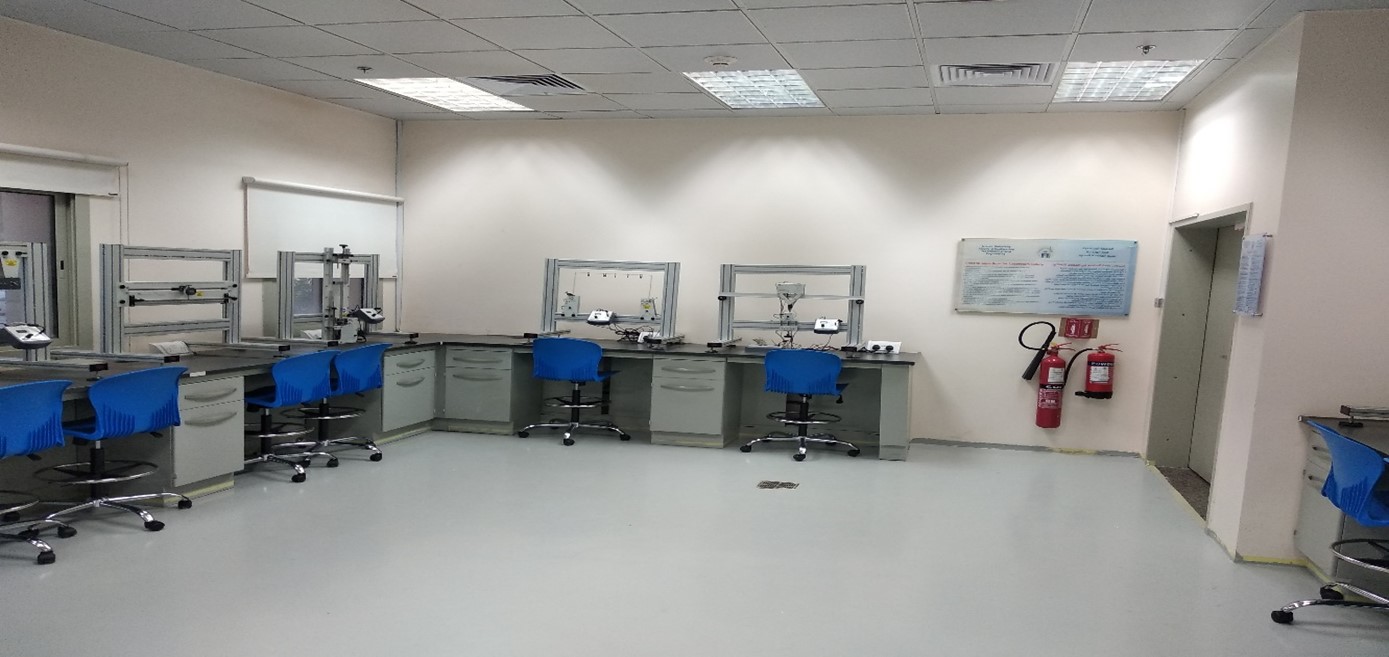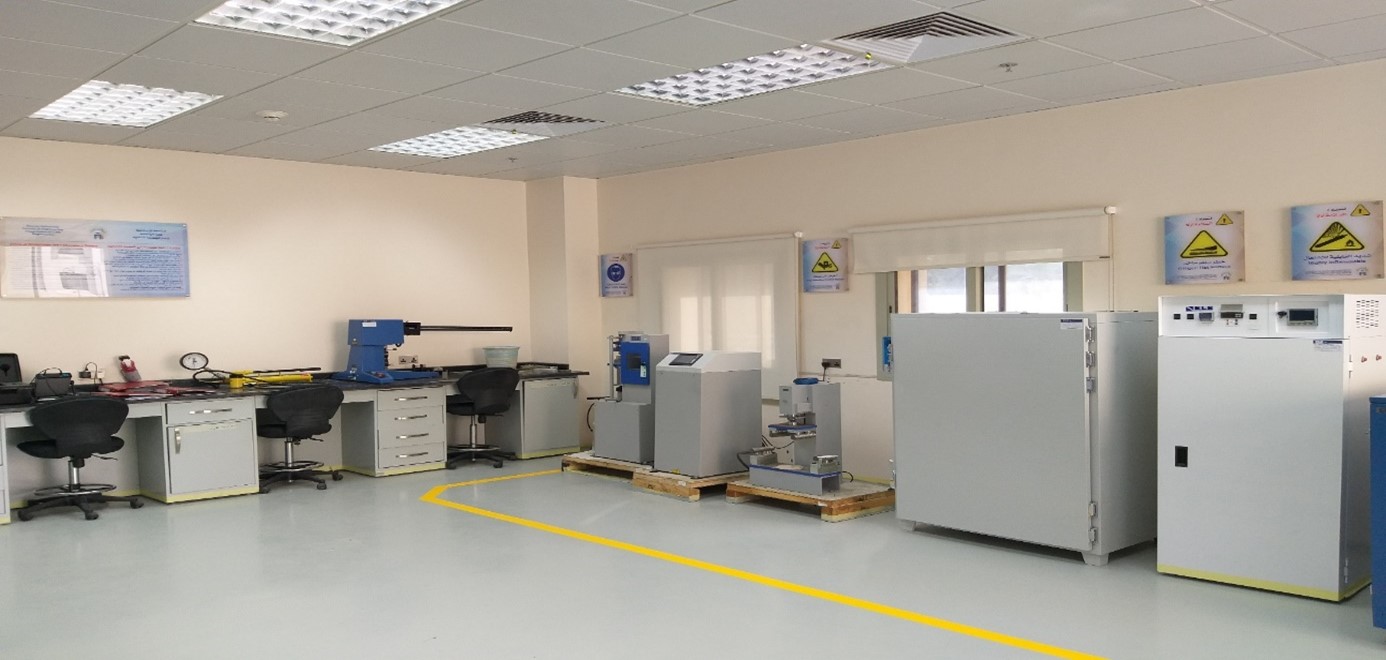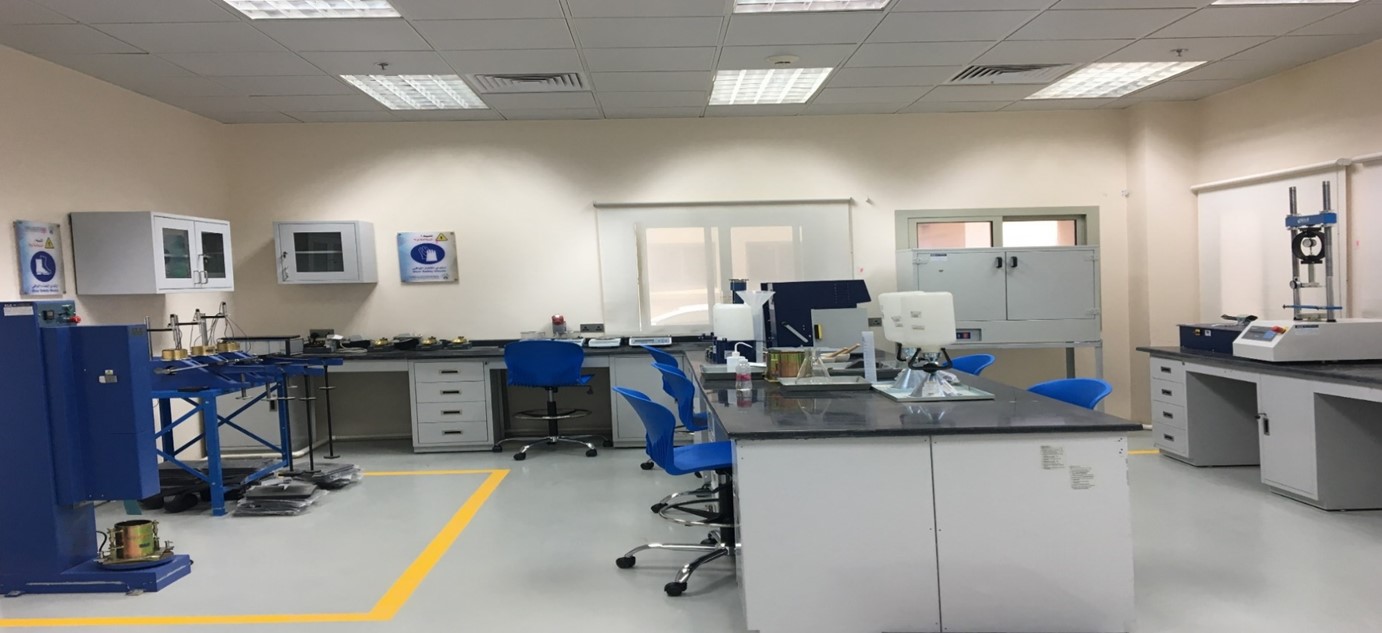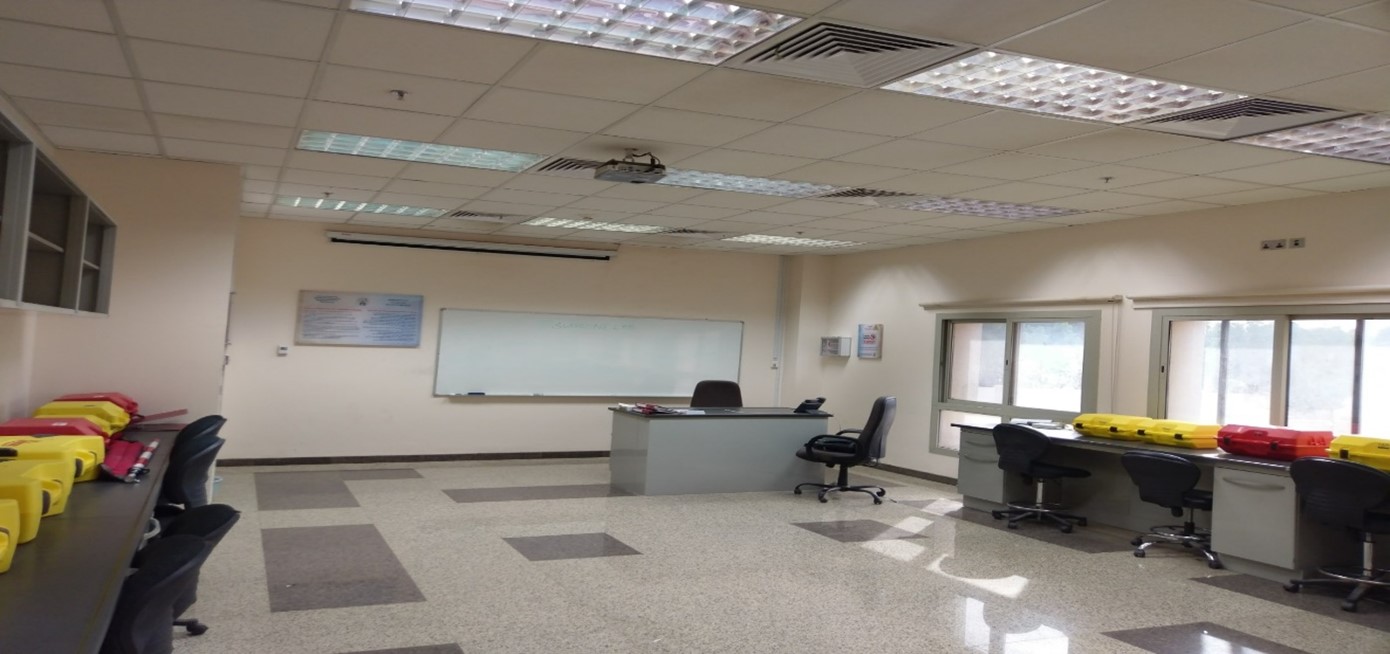Civil Engineering is one of the most comprehensive branches of engineering and is related to everything that serves human life either directly or indirectly such as services related to structures, roads, water supply and sewage networks, environment, surveying works, etc. It is also related to all stages of project work starting from the idea, studies, planning, design, implementation and supervision of the site, and in the operation and maintenance stage. In the Civil Engineering Department, students complete the theoretical study with the best global practices in teaching and learning methods implemented by highly qualified faculty members.
The Bachelor of Science in Civil Engineering program is accredited by the Engineering Accreditation Commission of ABET, under the commission’s General Criteria and Program Criteria for Civil and Similarly Named Engineering Programs.

